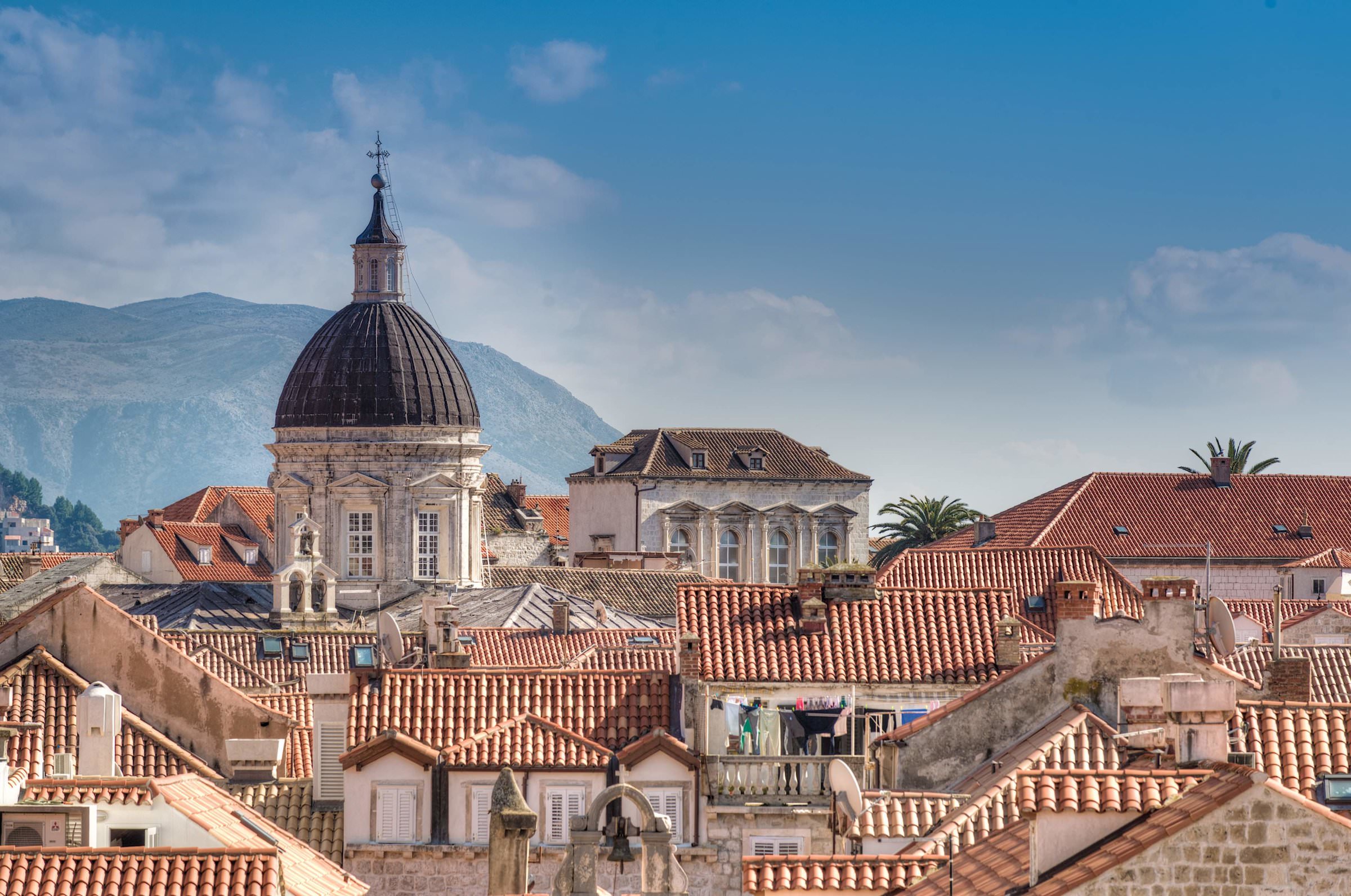Do you know you might be arrested for feeding pigeons in Venice? Or for chewing gum in Singapore?
We feel you. There are a lot of weird (yet hilarious!) laws in certain countries around the world that only make sense to the people living there. Here’s a list of some of these laws you should know to avoid the embarrassment of hefty fines (or even imprisonment in some cases). Laugh away or brush aside, but you’ll definitely want to know what these countries feel strongly about.
1. Don’t feed the pigeons in the St. Mark’s Square in Venice –
It’s true you can’t resist from feeding the feathered pals that are all over the St. Mark’s Square in Venice. As fun as it sounds, it could cost you more than you think. A minimum of $100. Relax, Venetians don’t hate their birds. They’re just protective of their ancient monuments that are blemished due to bird littering.
2. You can’t eat gelato in the famous landmarks in Rome –
Rooting for that iconic gelato shot in front of Rome’s famous landmarks? Only if you’re willing to pay hundreds of dollars as fine. Now this, we can come to terms with! There’s no way irresponsible tourists can get away with ruining the essence of these treasures for future travellers!
3. Don’t chew gum while in Singapore –
It’s relieving to know there won’t be a day you’ll come back home having stomped on a half-chewed gum. Wonder how incredibly clean Singapore is the way it is? Because of such daring enforcement which will one day become a habit.
4. Don’t sit on the Spanish Steps in Rome –
Remember the iconic scene in “Roman Holiday” movie where Princess Anne sits on the Spanish Steps? Lucky for her, the movie was shot in the 1950s. Even she can’t do that anymore, the law prohibits people to sit on the Spanish Steps and could lead to a fine. No questions asked.
5. Don’t get into the waters of the Trevi Fountain in Rome –
Don’t get into any fountain in Rome, and the reason is pretty obvious. Nobody wants to see you taking off your shirt and posing in front of poor Oceanus. Just kidding, we know you won’t do that;)
6. Don’t hold a salmon fish in a suspicious manner in the UK –
Now they are just being unreasonable! How can we visit the United Kingdom and not hold a salmon fish in a way that induces suspicion? Have some mercy! But jokes apart, this act was introduced in 1986 to regulate the illegal dealing of salmons.
7. Don’t run out of fuel on the autobahns in Germany –
Imagine you are stuck on a highway without fuel and you’re fined citing that it’s a criminal offence. The German government introduced this law as a lot of accidents happened in this super-speed driving zone because of parked vehicles. Fill up gas before you hit the highway roads in Germany to avoid consequences that could be worse than a fine.
8. Don’t wear high heels in the ancient sites of Athens –
You heard that right fashionistas! You can’t wear your most favourite pointed red heels in the Acropolis of Athens. This rule is meant to protect the ancient ruins of Athens from further damage. No matter how minute.
9. Don’t swim in canal waters of Venice –
First of all, you don’t want to. The waters are not clean and in fact, is incredibly polluted than you’d think. I’m repeating – Don’t swim in canal waters of Venice, save those temptations for the pristine Venetian lagoon or the Lido beach instead.
10. Don’t play with water guns on a New Year’s Eve in Cambodia –
Travellers and locals taking part in the Khmer New Year celebrations in Cambodia can not get wild with their water guns apparently. Cambodian Governer felt this rule is necessary to avoid injuries (not making this up!) that could potentially be caused by the malicious toy water guns.
Shocked much? These are as real as they are hilarious. Go ahead and experience, as no good can come from staying rooted to a place:) Craft your holiday, your way with Pickyourtrail.
Related Itineraries

Stunning 6 Nights Northern Lights Packages
- Flights excluded
- 4 star accommodations
- 3 activities
- Transfers excluded
₹ 64,954
Starting price/person

Fantastic 6 Nights Finland Northern Lights Tour Package
- Flights excluded
- 4 star accommodations
- 2 activities
- Shared transfer
₹ 69,369
Starting price/person

Beautiful 10 Nights Italy Honeymoon Package
- Flights included
- 4 star accommodations
- 9 activities
- Private transfer
₹ 1,32,869
Starting price/person

Ideal 6 day Switzerland Tour Packages for Family
- Flights included
- 3 star accommodations
- 3 activities
- Shared transfer
₹ 99,112
Starting price/person

Romantic 8 Nights Bali and Vietnam Honeymoon Packages
- Flights included
- 4 star accommodations
- 6 activities
- Shared transfer
₹ 99,947
Starting price/person

Gorgeous 9 Nights Singapore Bali Honeymoon Packages
- Flights excluded
- 4.5 star accommodations
- 6 activities
- Shared transfer
₹ 90,953
Starting price/person

Magical 9 Nights Germany Vacation Packages
- Flights excluded
- 4.5 star accommodations
- 8 activities
- Private transfer
₹ 79,832
Starting price/person

Scenic 10 Nights Greece & Turkey Vacation Packages
- Flights excluded
- 5 star accommodations
- 6 activities
- Shared transfer
₹ 60,718
Starting price/person

Magical 7 Nights Croatia Tour Packages
- Flights excluded
- 4 star accommodations
- 10 activities
- Shared transfer
₹ 57,778
Starting price/person

Beautiful 10 Nights Amsterdam Tour Package
- Flights excluded
- 4 star accommodations
- 8 activities
- Private transfer
₹ 1,84,115
Starting price/person


